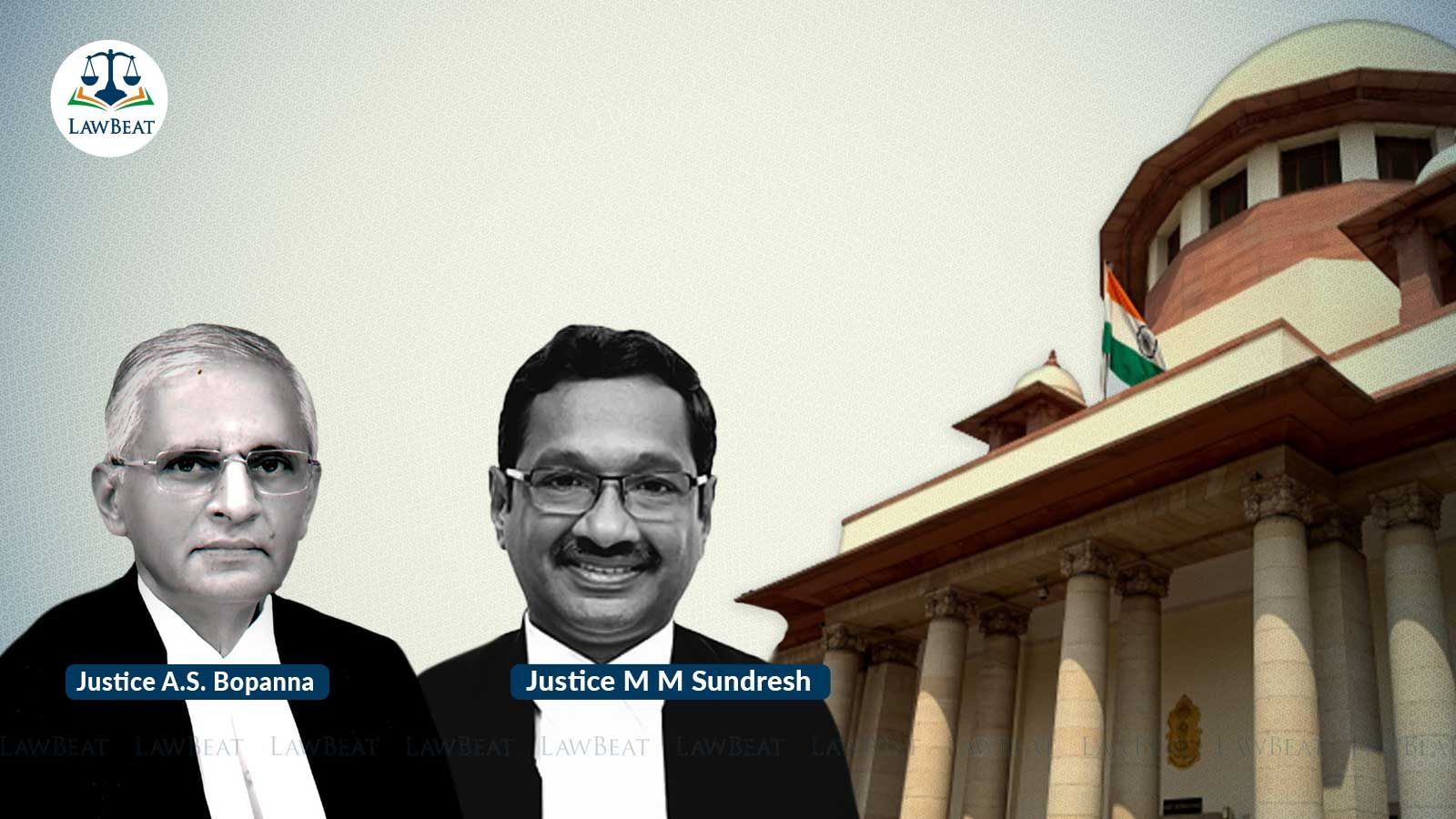Supreme Court refuses to vacate order on appointment of Archakas in Tamil Nadu as per Agama traditions

The Court will now take up the plea in January 2024
The Supreme Court has refused to vacate its earlier order whereby it had directed the Tamil Nadu government to follow the traditional Agamic conditions on appointment of Archakas or priests in temples in the state.
A division bench of Justice AS Bopanna and Justice MM Sundresh did not agree with the submission made Senior Advocate Dushyant Dave, appearing for the state government, that the state was entitled to appoint archakas.
Notably, a plea has been filed alleging that the state government is interfering with the hereditary scheme of appointing archakas in Agama temples' by allowing those from other denominations to become archakas after doing a one-year certificate course for in schools run by the Tamil Nadu administration.
In June, the Madras High Court held that while hereditary rights and pedigree based on caste will have no role to play in the appointment of Archakas, the same shall be done for agamic temples as per agamas and not as per rules 7 and 9 of the 2020 rules that provide for short certificate courses for appointment.
Last year too, the High Court had directed the Tamil Nadu government to appoint temple archakas as per the Agama practice and to follow the judgments of Supreme Court in this regard.
High Court had further directed the Hindu Religious & Charitable Endowments department to find out which agama is practised in a particular temple and appoint archakas accordingly.
A bench headed by Chief Justice Munishwar Nath Bhandari had told the petitioners to approach the court with individual petitions if they are aggrieved by a particular appointment.
A Public Interest Litigation (PIL) was filed last year challenging the Tamil Nadu Hindu Religious Institutions Employees (Conditions of Service) Rules, 2020 that have come into effect on September 4, 2020
The principal grievance of the petitioner was that in Rule 2(1)(c) of the said Rules defining “Appointing Authority” and permitting a Fit Person as defined in the Tamil Nadu Hindu Religious and Charitable Endowments Act, 1959 to act as an appointing authority, the Rules go against the grain of the parent statute of 1959 that requires only trustees to make such appointments.
